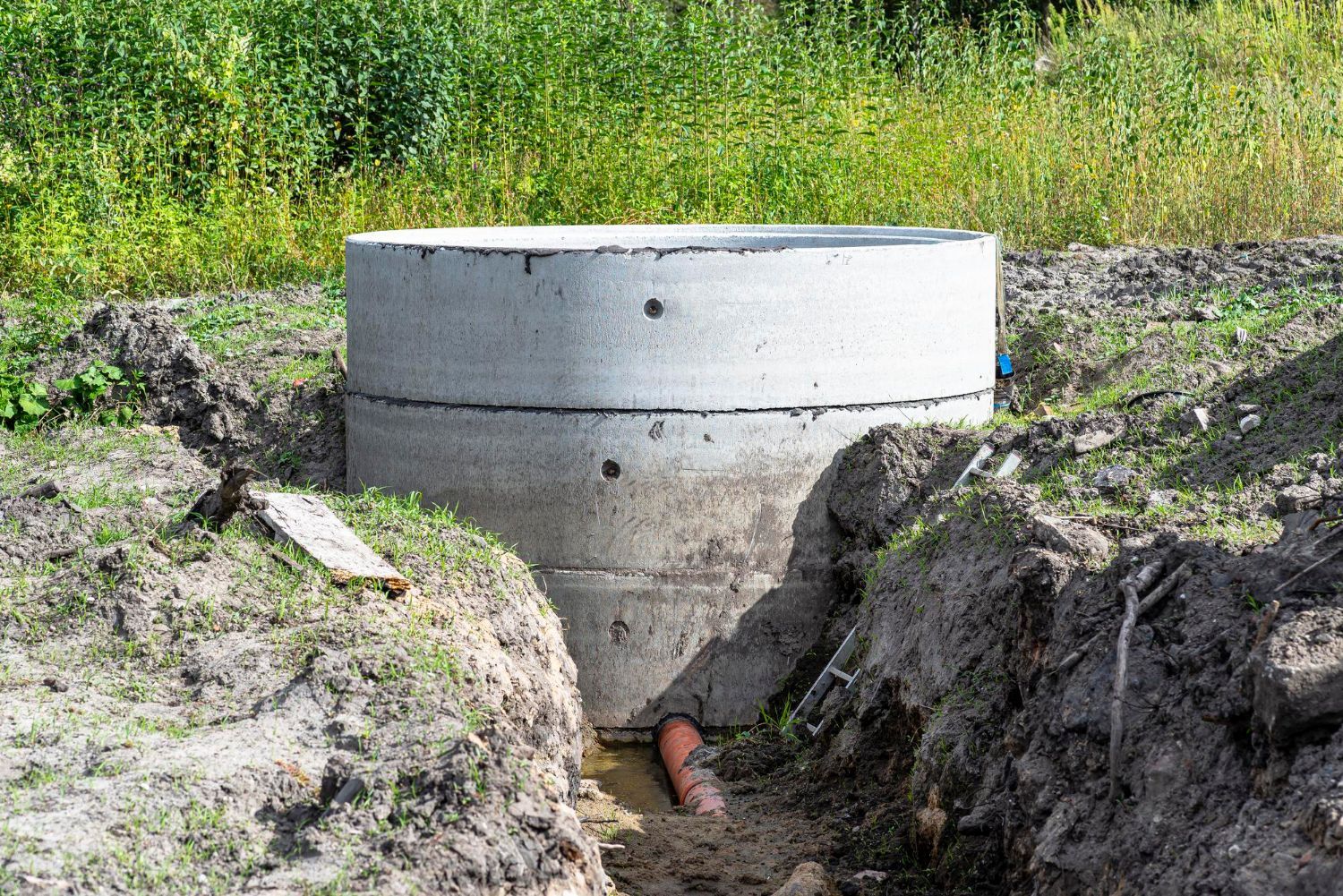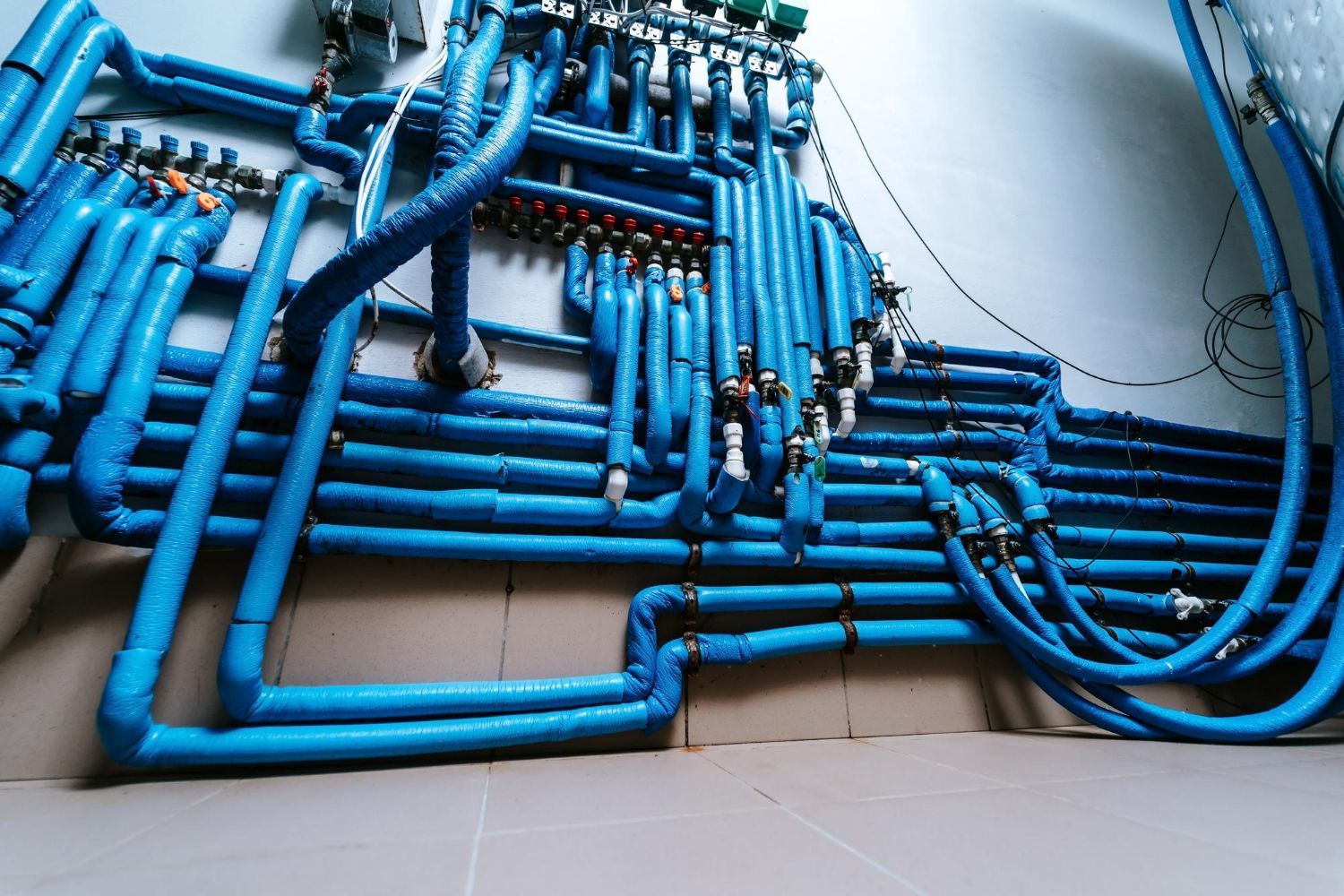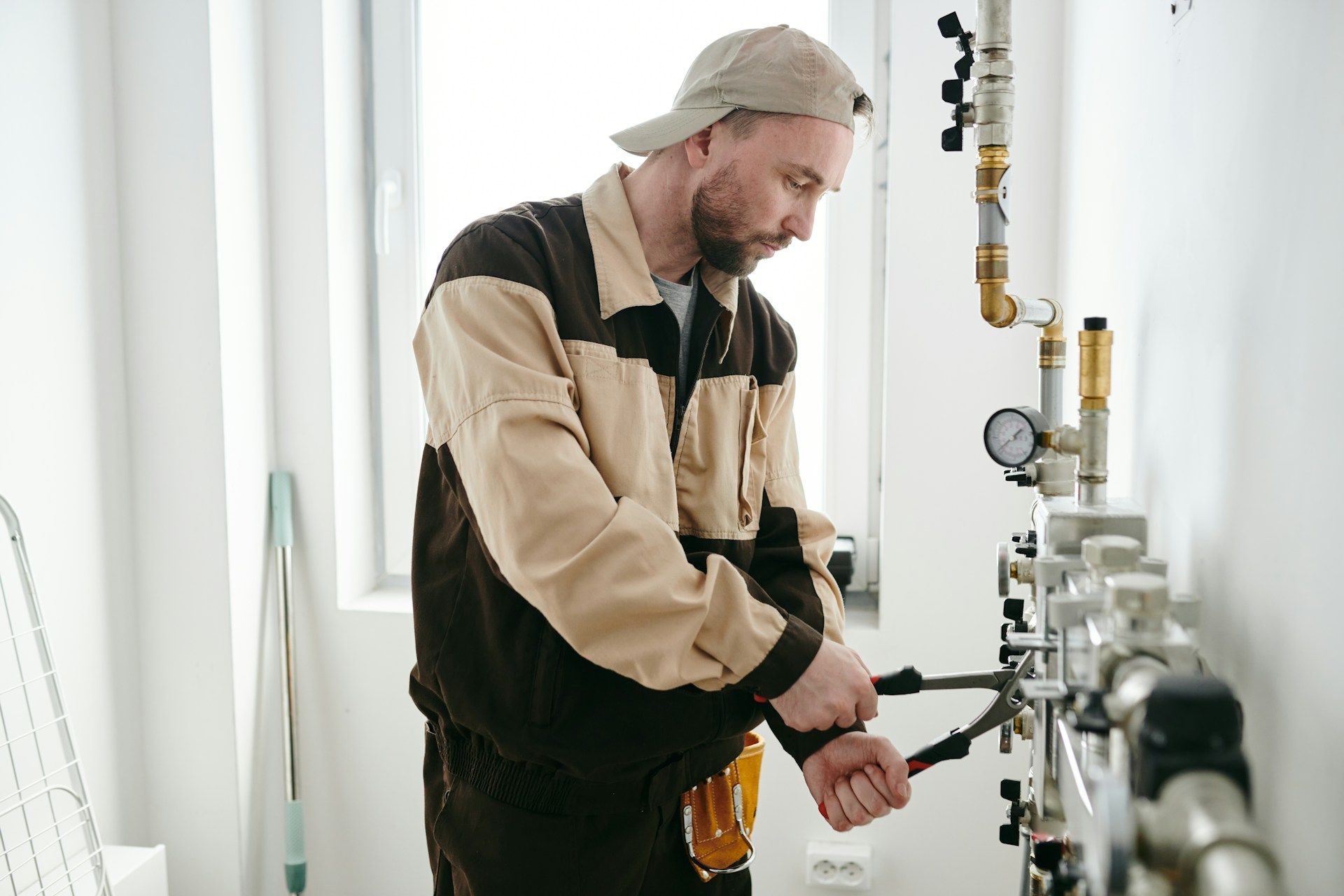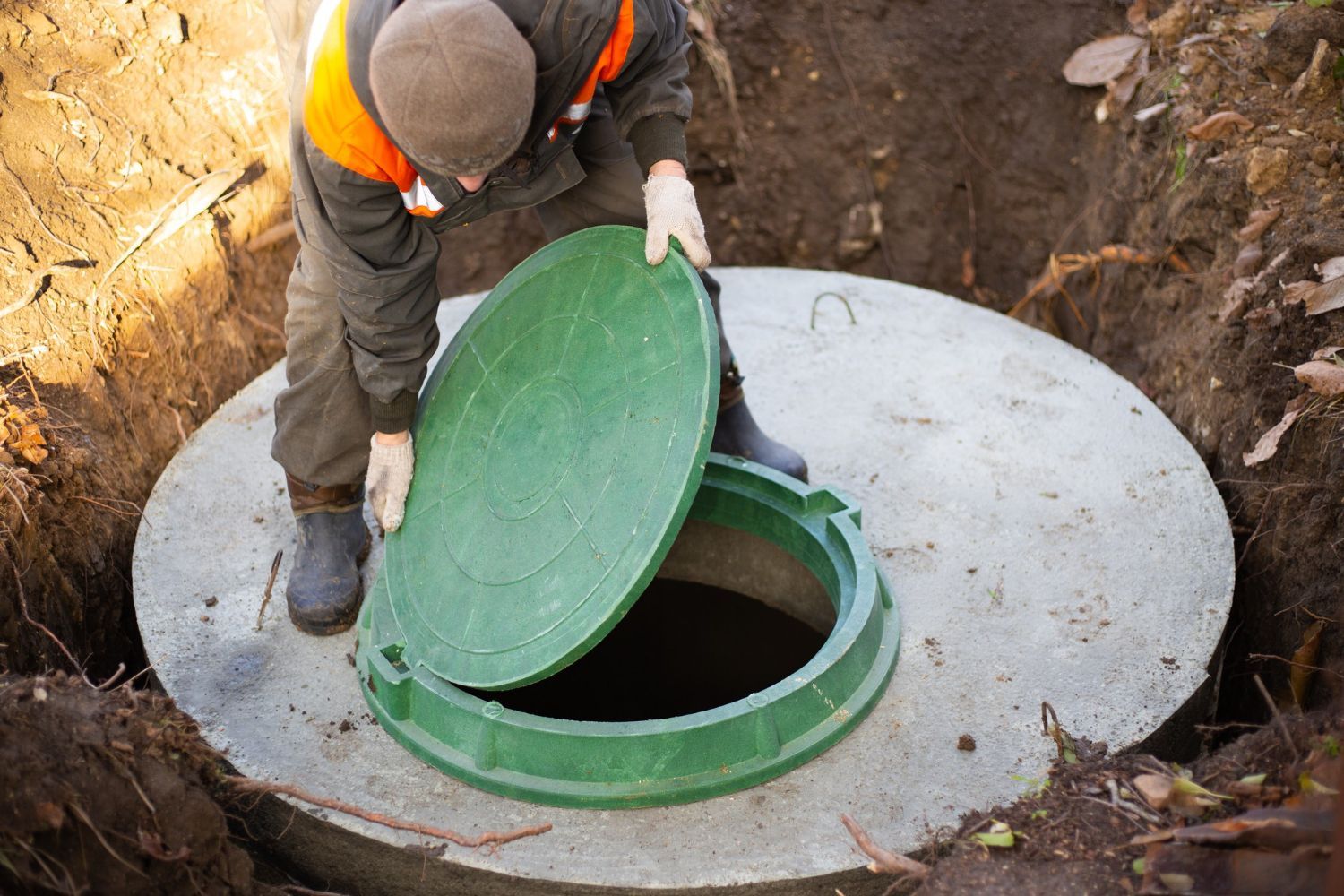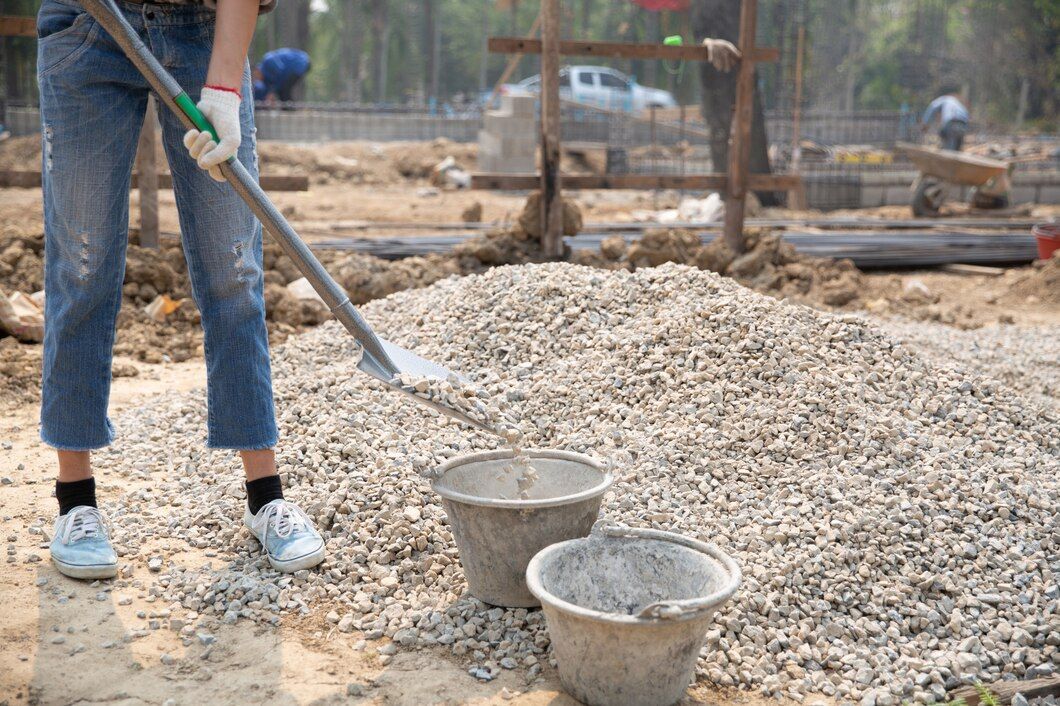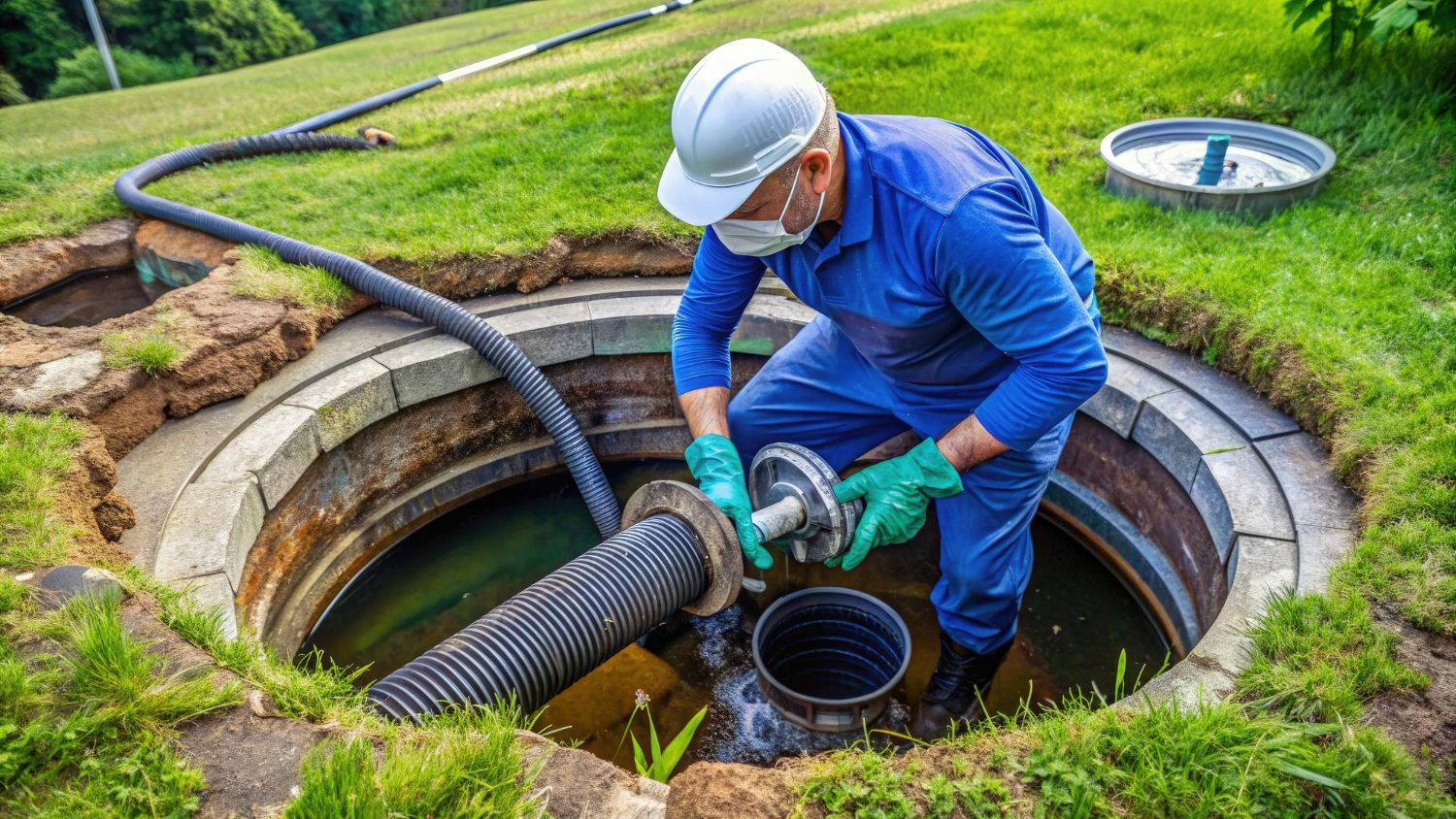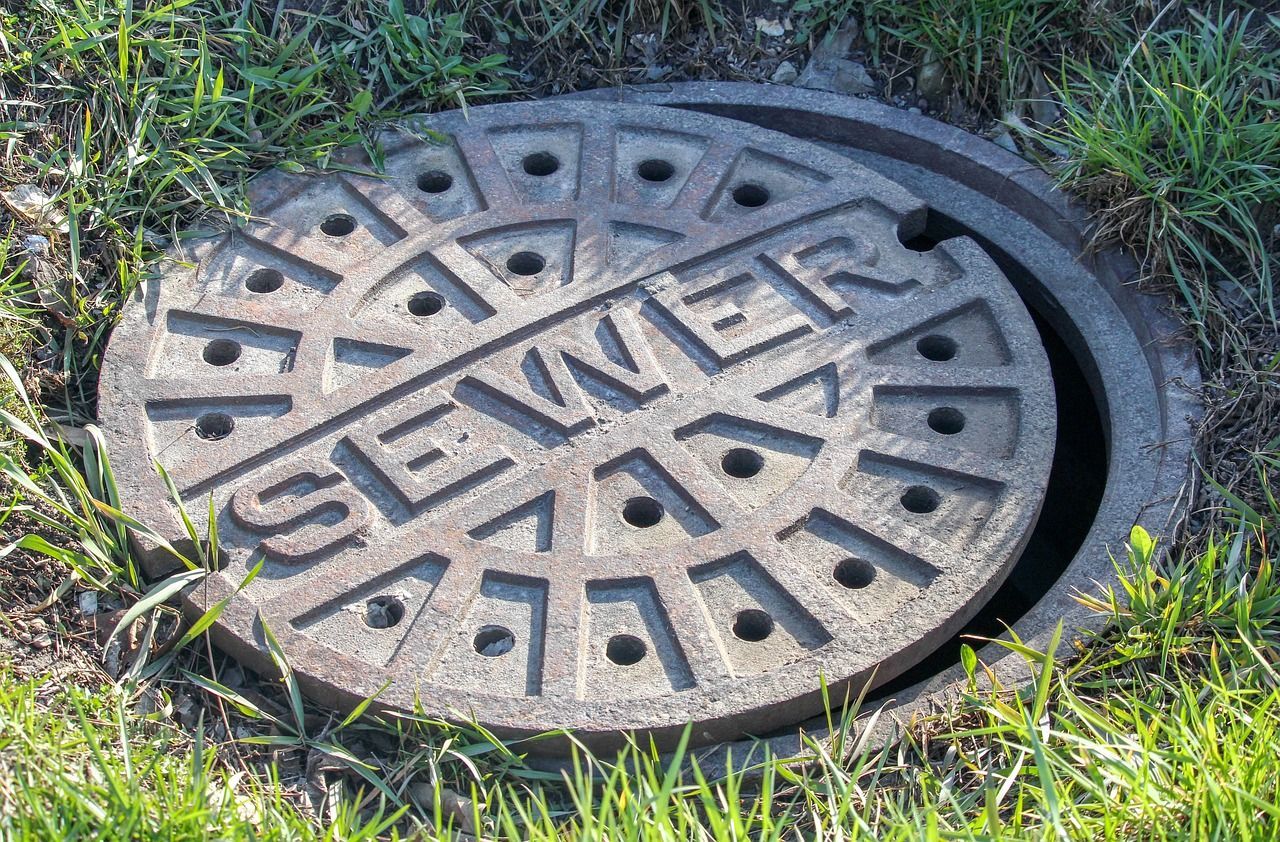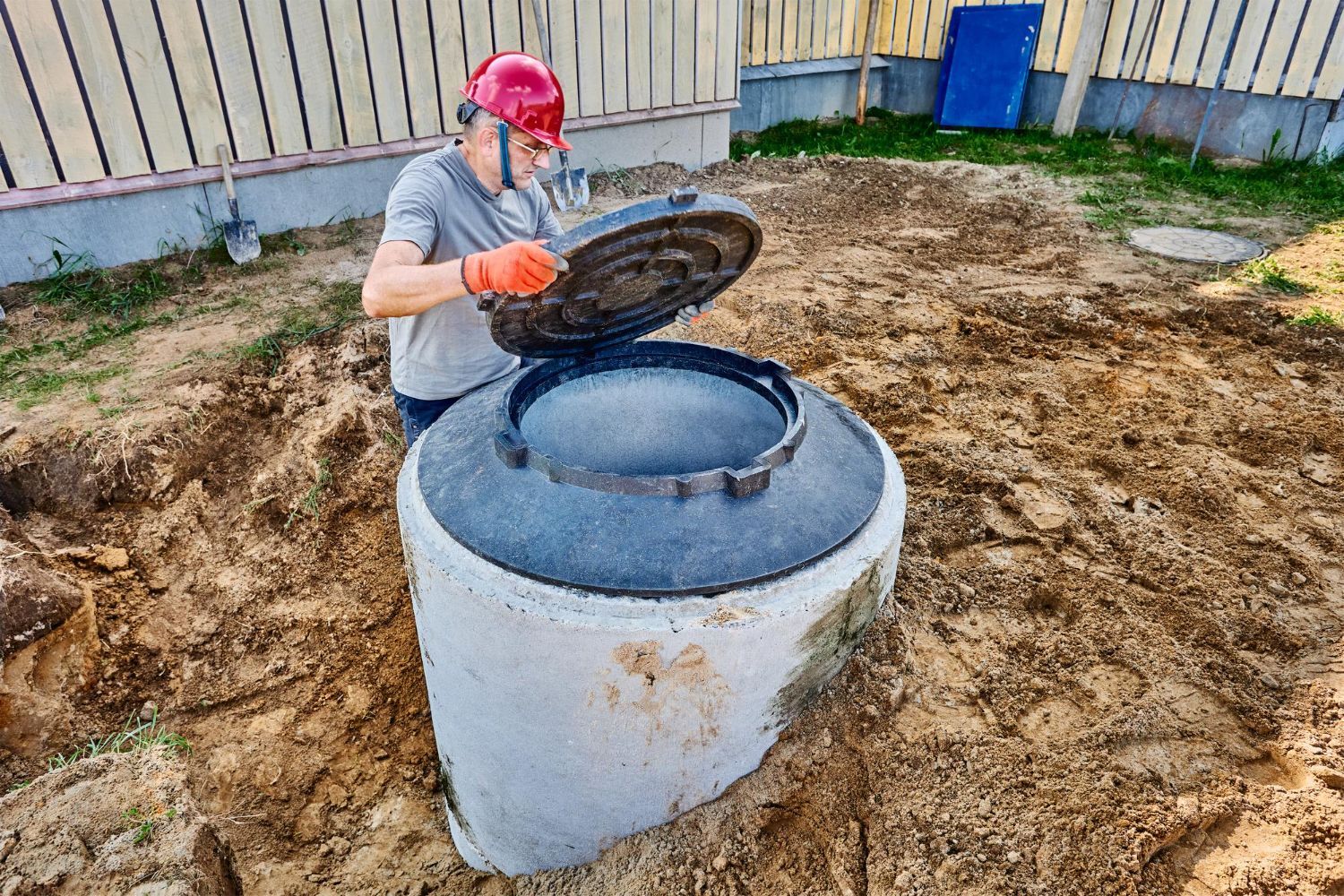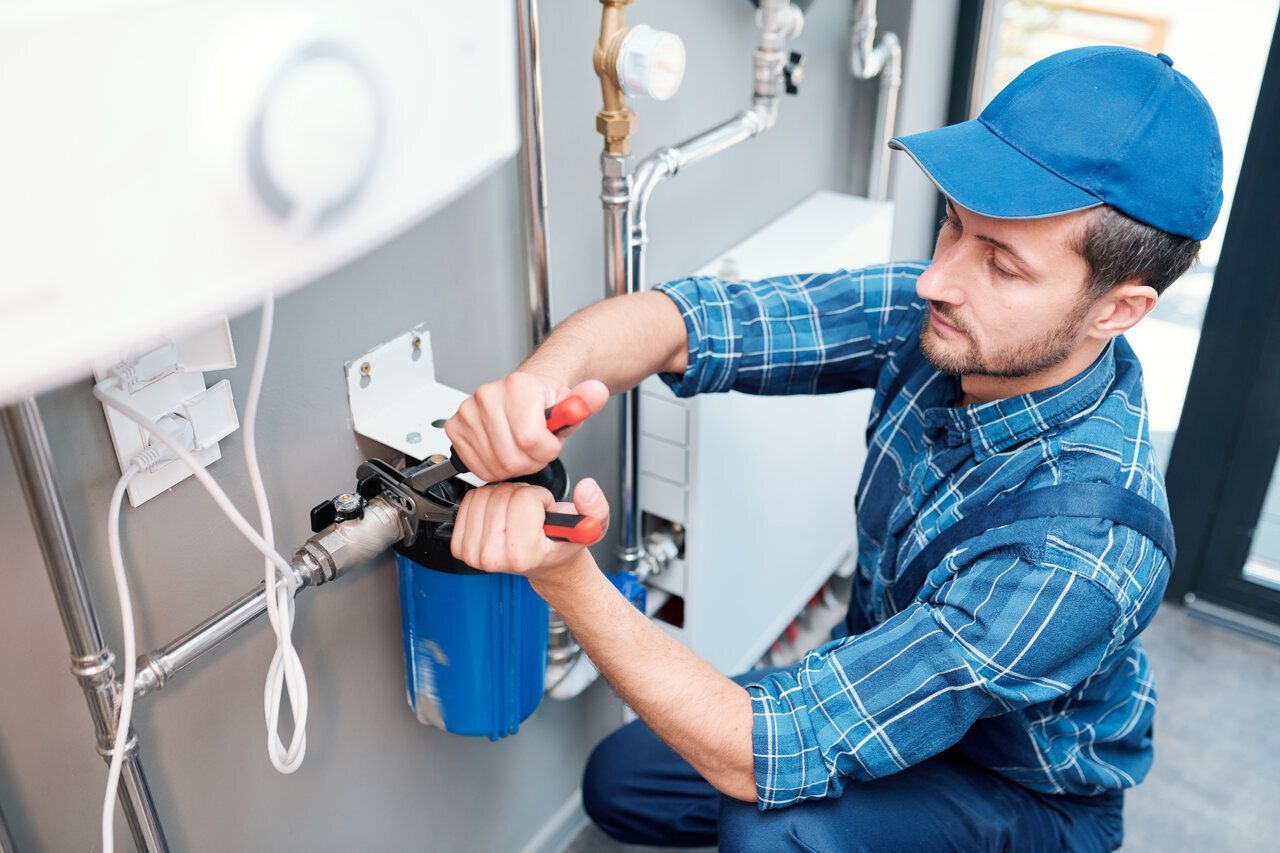Eco-Friendly Plumbing Solutions: Tips to Reduce Your Carbon Footprint
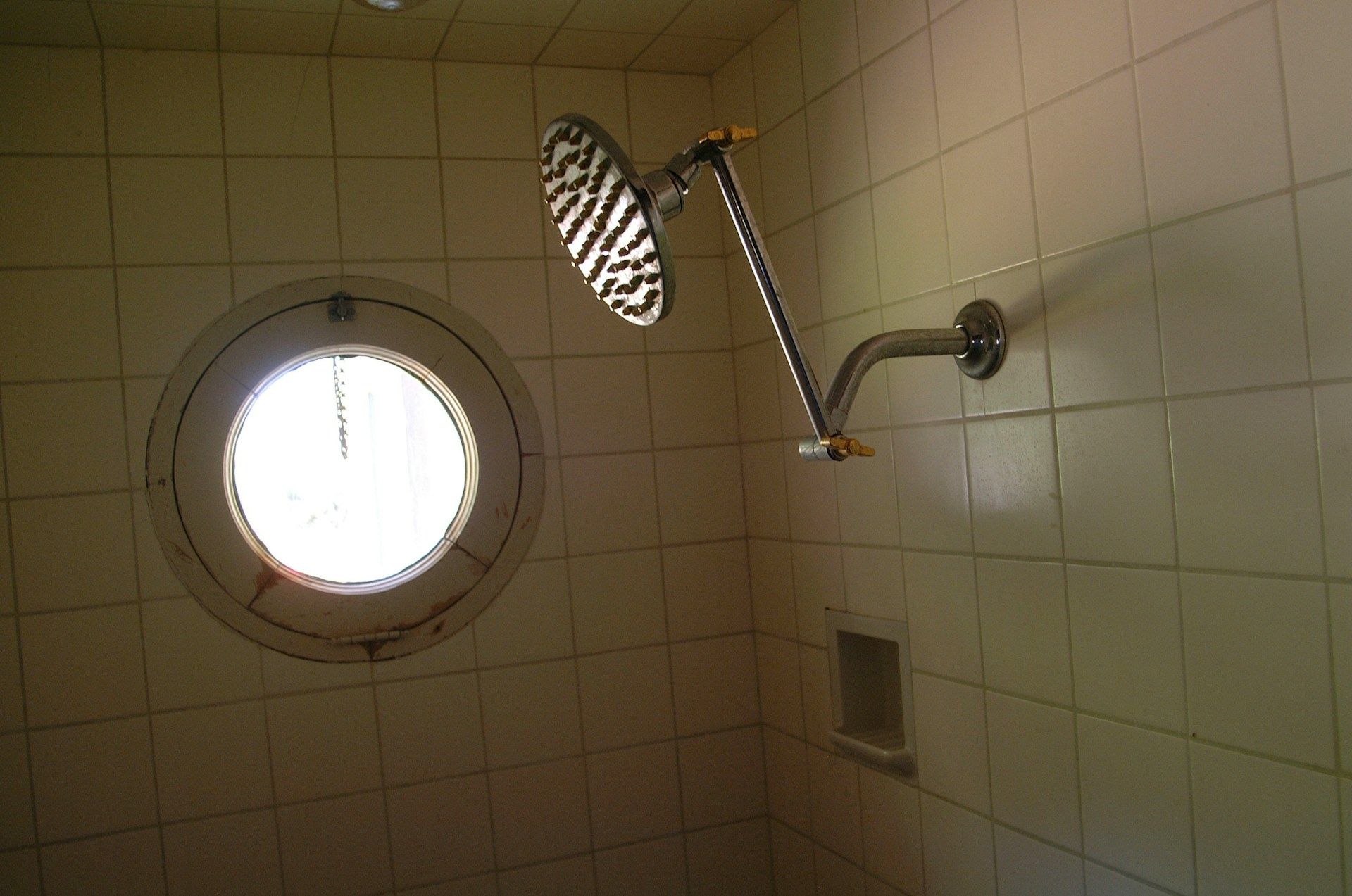
As the effects of climate change continue to impact our world, environmentally conscious homeowners are increasingly seeking ways to reduce their ecological footprint and contribute to a more sustainable future. This includes taking a closer look at their plumbing system, where opportunities for increased efficiency and eco-friendliness abound. By implementing green plumbing practices, not only do you reduce the environmental impact of your home, but you may also experience significant cost savings through lower utility bills and reduced water usage.
In this informative blog post, we will explore eco-friendly plumbing solutions to help you minimize water waste and reduce your home's carbon footprint. We'll provide recommendations for energy-efficient fixtures, water-saving habits, and periodic maintenance checks that can optimize your plumbing system's performance without sacrificing comfort or convenience. By embracing these green practices, you can enjoy an efficient and effective plumbing system that aligns with your commitment to environmental stewardship.
Eco-Friendly Plumbing Solutions: Tips to Reduce Your Carbon Footprint
Energy-Efficient Plumbing Fixtures
One of the most effective ways to reduce your home's environmental impact is to upgrade your plumbing fixtures with more energy-efficient options. Consider implementing the following eco-friendly fixtures in your home:
1. Low-flow toilets: These toilets use less water per flush than traditional models, significantly reducing water consumption. Dual-flush toilets offer additional water-saving benefits with separate flush options for liquid and solid waste.
2. Low-flow showerheads: An eco-friendly showerhead can use up to 50% less water than a standard showerhead without compromising water pressure or performance.
3. Faucet aerators: These simple devices attach to your existing faucets and mix air with water, maintaining the pressure while using less water.
4. Tankless water heaters: By heating water only as it is needed, tankless water heaters can save energy while providing a continuous supply of hot water. These heaters also tend to have a longer lifespan than traditional tank water heaters.
Water-Saving Habits
Adopting water-saving habits is another critical aspect of reducing your ecological footprint. Here are some tips to help you conserve water and maintain an environmentally friendly home:
1. Fix leaks promptly: A dripping faucet or leaky pipe wastes water and can lead to higher water bills. Regularly inspect your plumbing system for signs of leaks and address them immediately.
2. Use water-efficient appliances: Invest in appliances with Energy Star ratings, indicating a higher level of water and energy efficiency.
3. Install a rainwater harvesting system: Collect rainwater in barrels or cisterns to use for watering plants, washing cars, or other outdoor cleaning tasks.
4. Limit shower time: Shortening your shower by even a few minutes can help save gallons of water daily.
Periodic Maintenance Checks
Regular maintenance and inspections of your plumbing system can help detect and fix problematic issues before they escalate, saving both water and money in the long run. Conduct the following periodic checks:
1. Inspect exposed pipes: Check your household's exposed pipes for signs of leaks, corrosion, or damage that could lead to water waste.
2. Monitor water pressure: High water pressure can cause added strain on your plumbing and lead to leaks. Use a water pressure gauge to regularly check the pressure and adjust as needed.
3. Flush your water heater: Sediment buildup can reduce your water heater's efficiency, leading to higher energy consumption. Flush the system at least once a year to maintain optimal performance.
4. Schedule a plumbing inspection: Have a professional plumber inspect your entire system, including pipes, fixtures, and appliances, to ensure everything is working efficiently and eco-friendly.
Leak Detection Technology
Investing in leak detection technology is another way to conserve water and minimize environmental impact. Some popular devices and systems for detecting leaks include:
1. Electronic leak detectors: These devices emit a sound or signal when they detect water in areas where it shouldn't be. Place them near potential leak sources, such as under sinks or by water heaters.
2. Smart water meters: These devices monitor water usage in real time, alerting you to potential leaks or inefficiencies in your plumbing system.
3. Sensor-based devices: Water sensors can be placed throughout your home to monitor water usage and send alerts when an abnormal spike in usage occurs.
Apollo Sewer & Plumbing Can Help You Go Green
Embracing eco-friendly plumbing solutions can significantly reduce your home's environmental impact while saving you money on water and utility bills. The experts at Apollo Sewer & Plumbing are here to help you evaluate and implement green plumbing upgrades, ensuring your system operates efficiently and sustainably.
Contact us today to discuss how we can assist you with environmentally friendly
plumbing repair services tailored to your specific needs and preferences. Together, we can contribute to a greener future for our planet.

